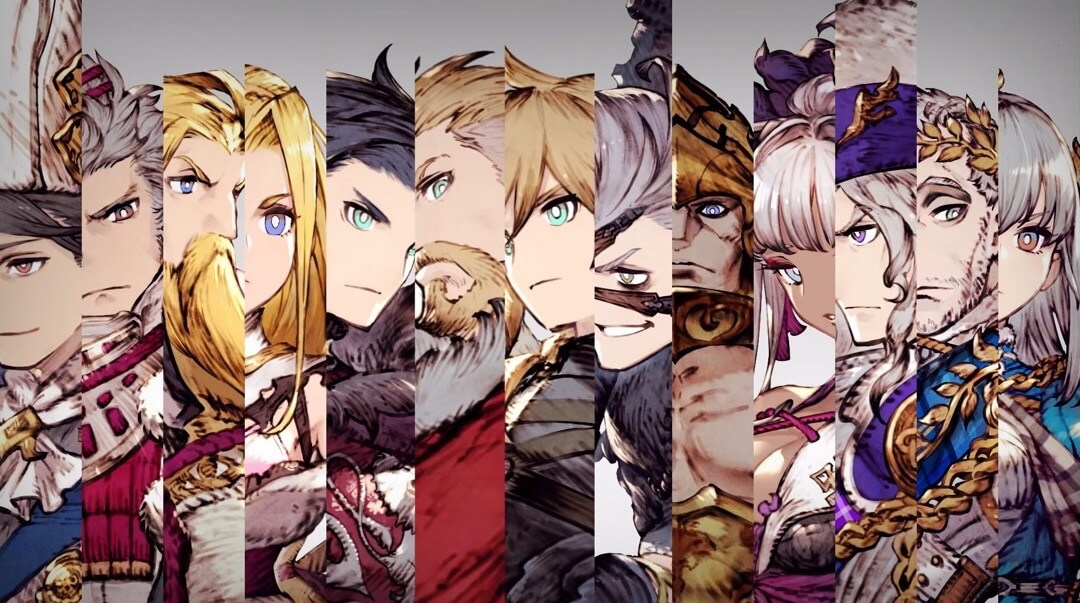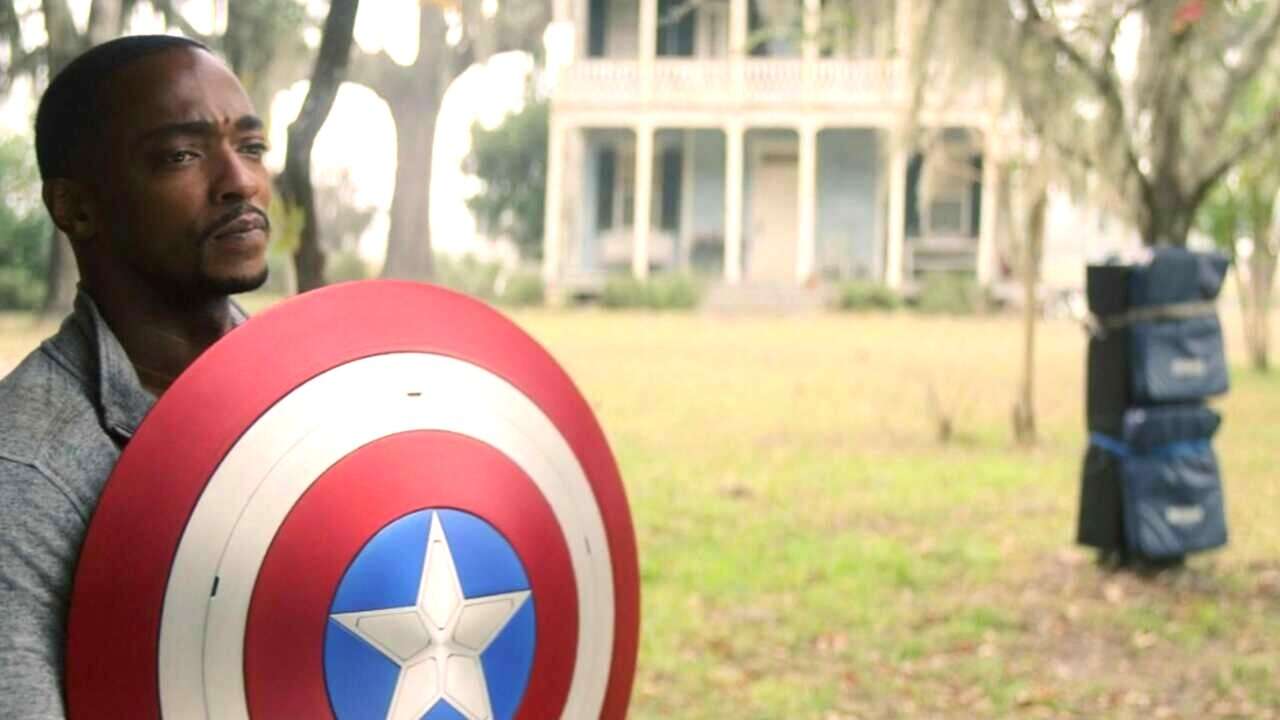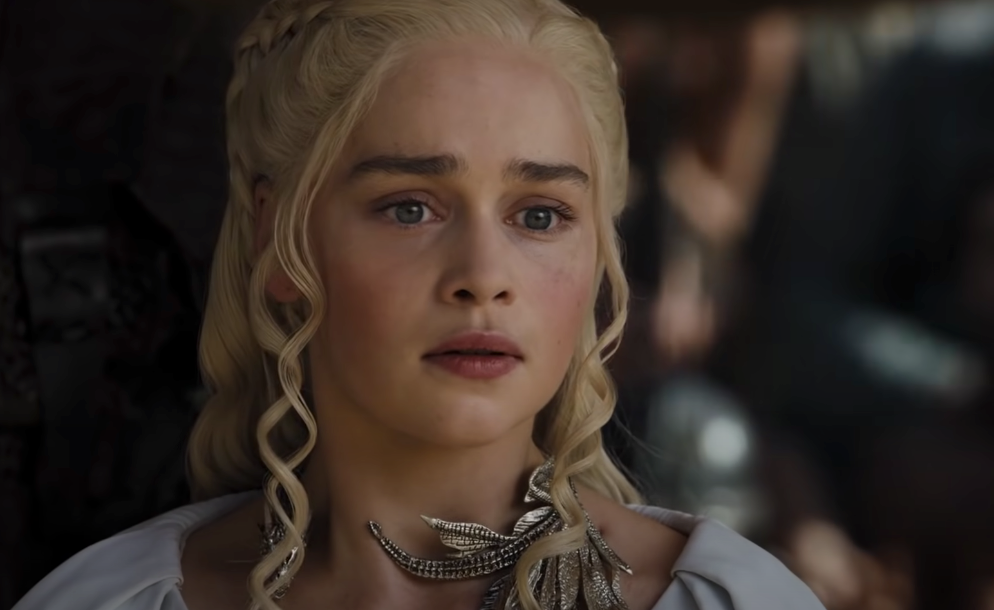Football or baseball, Formula 1 or soccer, you can count on me to be a nice guy. It’s how I’d prefer to think of myself, after all. In the role-playing choices offered by franchises like MLB The Show, or in the narratives of Madden NFL’s Longshot or FIFA’s The Journey, I’ve always taken the high road. My friend Samit Sarkar played NHL 21’s revamped Be a Pro career and found its limited story arcs — selfish superstar or stand-up team leader — to not be much of a choice at all.
Hand it to NBA 2K22 though — its MyCareer mode makes being a rich, self-centered jerk viable. It makes it realistic. And the developers at Visual Concepts, and the actors in these scenes, make it fun.
In my first week in the league, I found myself caught between the general manager who drafted me and the coach who didn’t want me; picked a passive-aggressive social media fight about my playing time; recorded a diss track about rapper The Game; got chewed out by my old college coach; and gave a bombshell interview in which I said I was thinking about a trade barely 10 games into my rookie year.
I actually hadn’t been considering demanding a trade, but the nonsense going on in my first week — with a side of Kendrick Perkins’ hot takes about my conduct — had me legitimately believing my situation with the Detroit Pistons was beyond repair. When the rest of my teammates played like steaming garbage in a 40-point loss to Brooklyn — and MyCareer has been known to contrive horrid games for narrative effect — that was it. I connived my way to the Sacramento Kings. They’re where I felt my player was a better fit all along, but because I performed so well in the pre-draft portion of MyCareer (which is played at the lowest difficulty), I was drafted No. 1 by Detroit.
Former NBA center Kendrick Perkins puts you on blast almost immediately and really doesn’t care for any decision you make in NBA 2K22’s MyCareer.
It’s not that single-player career modes in other sports titles don’t offer ways to act out or act entirely in your own self-interest. They’re just a lot blander about it, and moreover, their very limited narrative arcs simply don’t present any incentive to make such disruptive choices. Madden NFL 22’s “Face of the Franchise” backstory is, if possible, even thinner than last year’s hackneyed, hole-ridden setup. The player character never develops a personality, as the either/or dialogue choices all seem to result in the same team buff or player benefit.
MLB The Show 21’s Road to the Show abandoned the perk tree its two predecessors had, and with it, the game lost all of its dialogue interactions. In the past, answering questions according to a personality type (“Maverick,” for example, or “Heart & Soul”) would progress the player toward certain boosts and unlocks, both improving and evolving the character. But even then, any beef-starting with rival teams was very anodyne, if not good-natured.
At one time, the career suite in Codemasters’ F1 series experimented by giving your driver an attitude, offering players the choice of answering press questions as a “Showman” or a “Sportsman.” Racing teams were supposed to have a preference of either, and you’d have to meet that to either get a new contract or maintain your current one. That never ended up being the case, because winning trumps all. In F1 2021, the post-race press conferences were well constructed, in that sometimes you’re vexed by a question whose answer will damage some relationship or someone’s morale. But this still does little to establish any kind of emergent personality in your driver.
However inconsistent the efforts, these are the three series doing the most to give fans a role-playing component to go with their gameday action. And yet, they’re all light-years behind NBA 2K22. I’d argue that the superstar aura around NBA players in particular — a league with smaller rosters and larger contracts creates even bigger celebrities, it seems — means Visual Concepts and 2K Sports have to take extra steps to nail the sense of off-the-court immersion. And they do, though some of these inclusions can be a little obnoxious.

“What the hell are you doing in my apartment, Jake from State Farm?!”
Much has been made of NBA 2K22’s rather crass product placement and obnoxious, nonstop pressure on players to spend extra money, especially within MyCareer. Both are, in no uncertain terms, disrespectful to the game’s longtime player base, as well as anyone who paid $70 (or more) for the base game.
But at least MyCareer, which in NBA 2K21 adds MMO-like quests and dozens of off-the-court objectives, also gives me the sense that I’m in there exploiting a system that’s out to exploit me — much like the big business of professional sports. Moreover, it gives me the sense that acting in my own interest is understandable and acceptable, if not also encouraged.
The player character in MyCareer is constantly scrolling a fake Twitter feed (whose authentic tone, again, is head-and-shoulders above other series’ attempts) and will find stans pleading their side in a controversy as much as they’ll see get-off-my-lawn grandpas like Perkins chiding them for not shutting up and being grateful. You have a personal manager, as well as your choice of two agencies to represent you, and all of them made my “Social Samurai” stunt as I agitated for more playing time sound like good, just-business sense.
For every grandpa like Kendrick Perkins, you’ll find two or three stans pleading your case on fake Twitter.
2K Sports gets away with the microtransaction hustling and the in-game advertising of MyCareer — barely — because it’s attached to strong role-playing and lifestyle elements. The game’s publisher has jammed its hands into players’ cookie jars every year since 2014, yet those players have still come back. I doubt they would if the single-player career hit story beats as safe and as vapid as Madden NFL 22’s Face of the Franchise. I know I wouldn’t tolerate being expected to conduct myself cheerfully and respectfully at all times in the materialistic, transactional society of MyCareer’s hub city.
And it was damn cathartic, before that pivotal game against the Nets, to unload my frustration on interviewer Candace Green and see my fans increase and my personal “brand” shoot up across practically every measurement. In other sports video games, me-first vituperation usually gets you some passive-aggressive suggestion that players aren’t expected to behave that way.
I’ve come to expect this; sports video games are important PR for the leagues that license them, and developers typically want to present them and their athletes in the best possible light. Fortunately, it appears the NBA and 2K Sports have a trusting enough relationship where the natural conflicts and confrontations of professional sports can be presented and resolved authentically. The result is a career where I feel like I’m part of the action, not a mark being hustled.
Source: Polygon





















